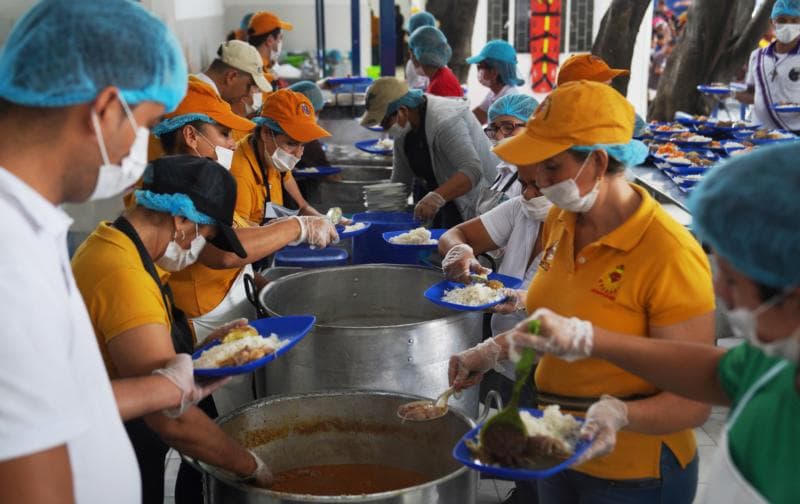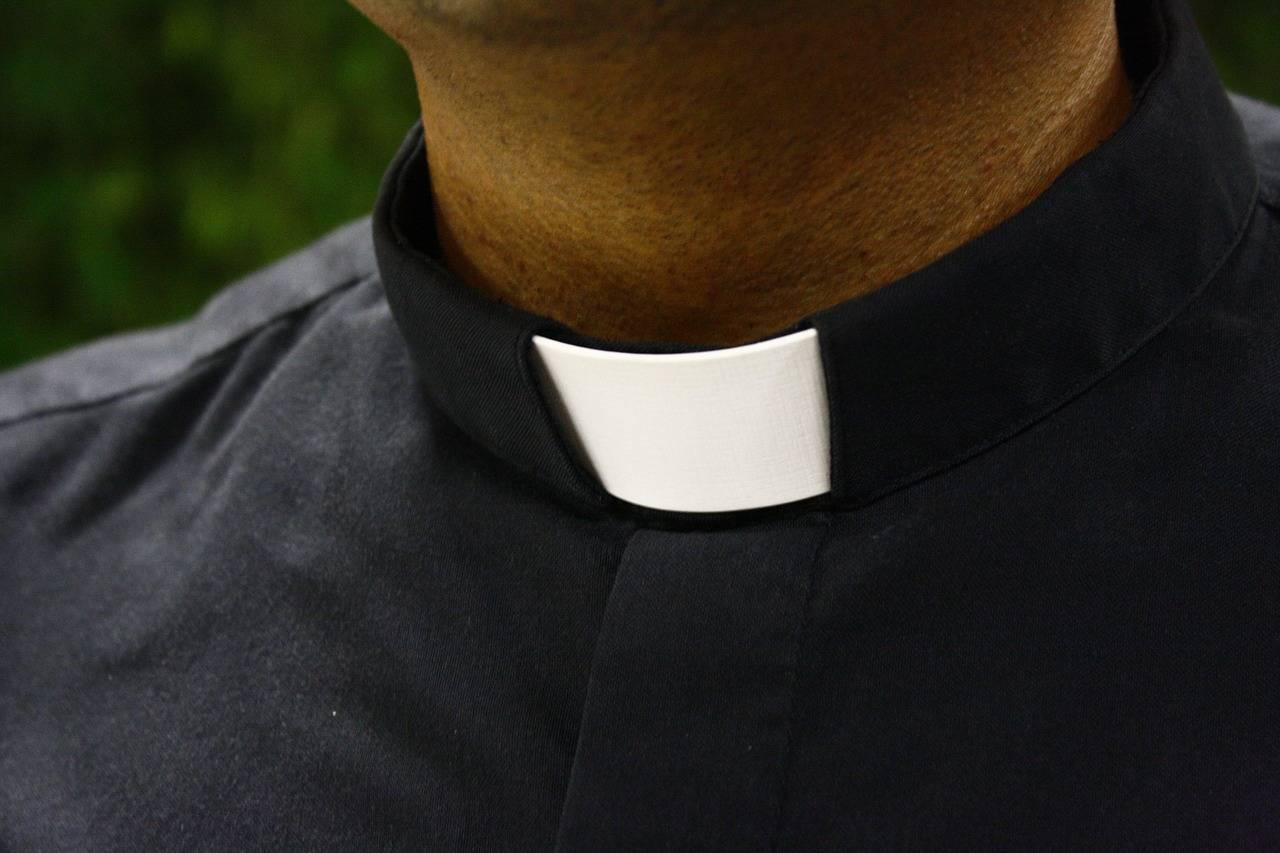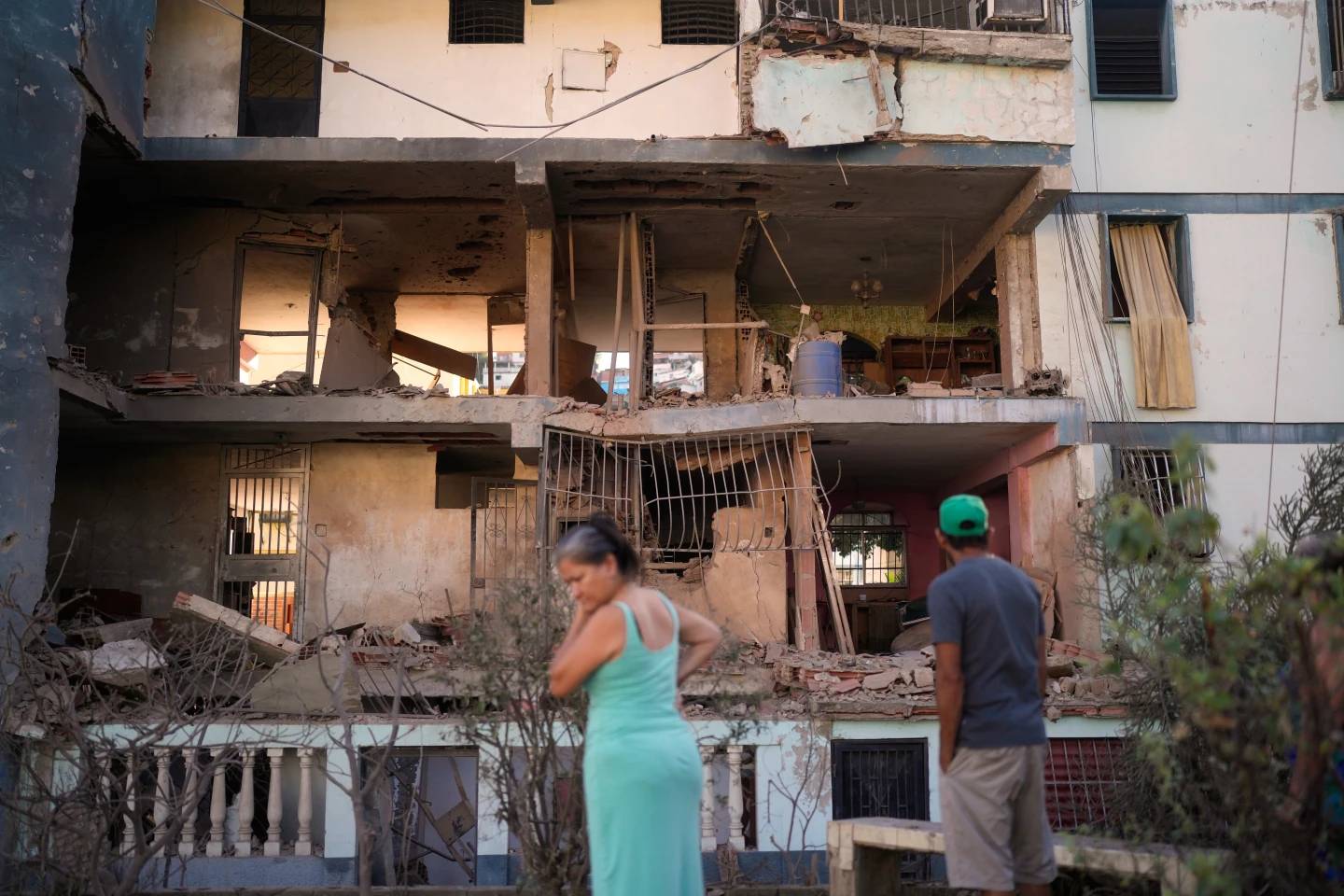ROME — In 2019, thousands of demonstrators took over the streets of most Latin American capitals, in an outburst that spread from the iconic Plaza Italia in Santiago, Chile, to downtown Bogota in Colombia.
The COVID-19 pandemic forced people into lockdown, putting these demonstrations on hold.
Yet far from solving the underlying tensions, it exacerbated them, with inequality, poverty and uncertainty growing at unprecedented rates. The worldwide lockdowns imposed to stop the spread of the virus, led over 22 million people in Latin America into extreme poverty in 2020, bringing the total to 209 million, over 12 percent of the region’s population. Meanwhile, over 30 percent of the population of Latin America live below the poverty line.
CELAM, the conference of bishops from Latin America and the Caribbean, released a 50-page report looking into the social consequences of COVID-19 in Latin America, which sounded the alarm about the worsening situation.
“Latin American societies have had structural problems for decades: Landless peasants, homeless families, workers without rights, people whose dignity has been trampled upon,” wrote Archbishop Jorge Lozano of San Juan, in northern Argentina, and secretary of CELAM.
“Today a change of structures is necessary, because the social system is no longer sustainable. Francis speaks to us of the need to globalize hope in contrast to the globalization of exclusion, putting an end to inequality and the throwaway model. But such a structural transformation begins with a change of mentality.”
This change of mentality, he argued, means abandoning the “logic of accumulation” to move towards the “correct administration of the common home.”
“The pandemic is transforming the complex reality of our societies, and the changes that the region, as well as the entire interconnected world, will experience have yet to fully manifest themselves,” the prelate wrote. “The crisis shows us that these changes will not necessarily make the world a better place if we are not prepared to see, judge and act appropriately. There is an urgent need to devise strategies for the most vulnerable groups, who are at risk of a serious humanitarian crisis.”
Lozano’s words came in the document released last Friday by CELAM, which said the spread of COVID-19 and its social effects are aggravated by the structural problems of the region, including high levels of inequality, labor informality, lack of social protection, environmental degradation, and poverty.
“The region is also characterized by weak and fragmented health and social protection systems and expanding marginalized urban settlements lacking access to basic services,” the CELAM researchers found. “It also has large migratory flows and population displacements, as well as conflicts of various kinds, and suffers disproportionately from the consequences of the climate crisis.”
The report highlights that 2019 was marked by mass protests at a regional level, most of which were peaceful, until authorities “generally resorted to repression, excessive use of force and other human rights violations.”
The pandemic arrived in Latin America at a time when human rights were “structurally vulnerable,” and in addition, many States faced allegations of corruption, “an affliction of democracy that affects many countries in the region.”
“Corruption is present in all actions against COVID-19, from bribery around tests, treatments and other health services, to the procurement of health supplies and emergency preparedness in general,” the report says.
Regional polls show most Latin American presidents are ebbing in popularity, and many are beginning to resort to authoritarianism, in addition to those who were already doing so before the pandemic began, such as Nicolas Maduro in Venezuela and Daniel Ortega in Nicaragua.
Brazilians’ disapproval of President Jair Bolsonaro’s handling of the COVID-19 crisis has been at a record high since March, and polls show he may face a tough campaign for re-election next year.
Colombian President Iván Duque stirred protests by announcing a tax reform that would have led to an increase of the cost of staple goods such as bread and milk. Protests continued even after he withdrew the plan, and so far at least 37 people have been killed in riots.
RELATED: Colombians thank pope for his prayers, but fear the worst
Paraguay has seen daily protests against President Mario Abdo Benítez and other political leaders, with security forces rubber bullets and tear gas in response.
Chile, which saw huge protests in 2019, is now facing the outcome of those demonstrations: The elections for the Constituent Assembly that should replace the Pinochet-era Constitution.
The “summary” section of the CELAM report delves into many issues — from marginalization and social exclusion to the environment, the increased violence against women and the “social changes in family, gender and generational relationships.”
In the latter section, the authors of the study highlight that COVID-19 has further excluded sexual minorities – “the population that identifies and recognizes – publicly or not- some sexual orientation or non-heteronormative gender identity.”
Among the reasons listed is the fact that in 24 out of 35 countries in the Americas do not recognize marriage or civil unions between persons of the same sex, nor do they have a law prohibiting discrimination against homosexuals.
“Pope Francis has spoken out on this issue, showing his support for civil unions between people of the same sex, granting legal coverage,” the document argues. “People with non-heteronormative sexual orientation are a vulnerable group to COVID-19 because in some countries they are an excluded minority, suffering the health and socioeconomic consequences of the pandemic.”
Follow Inés San Martín on Twitter: @inesanma
















